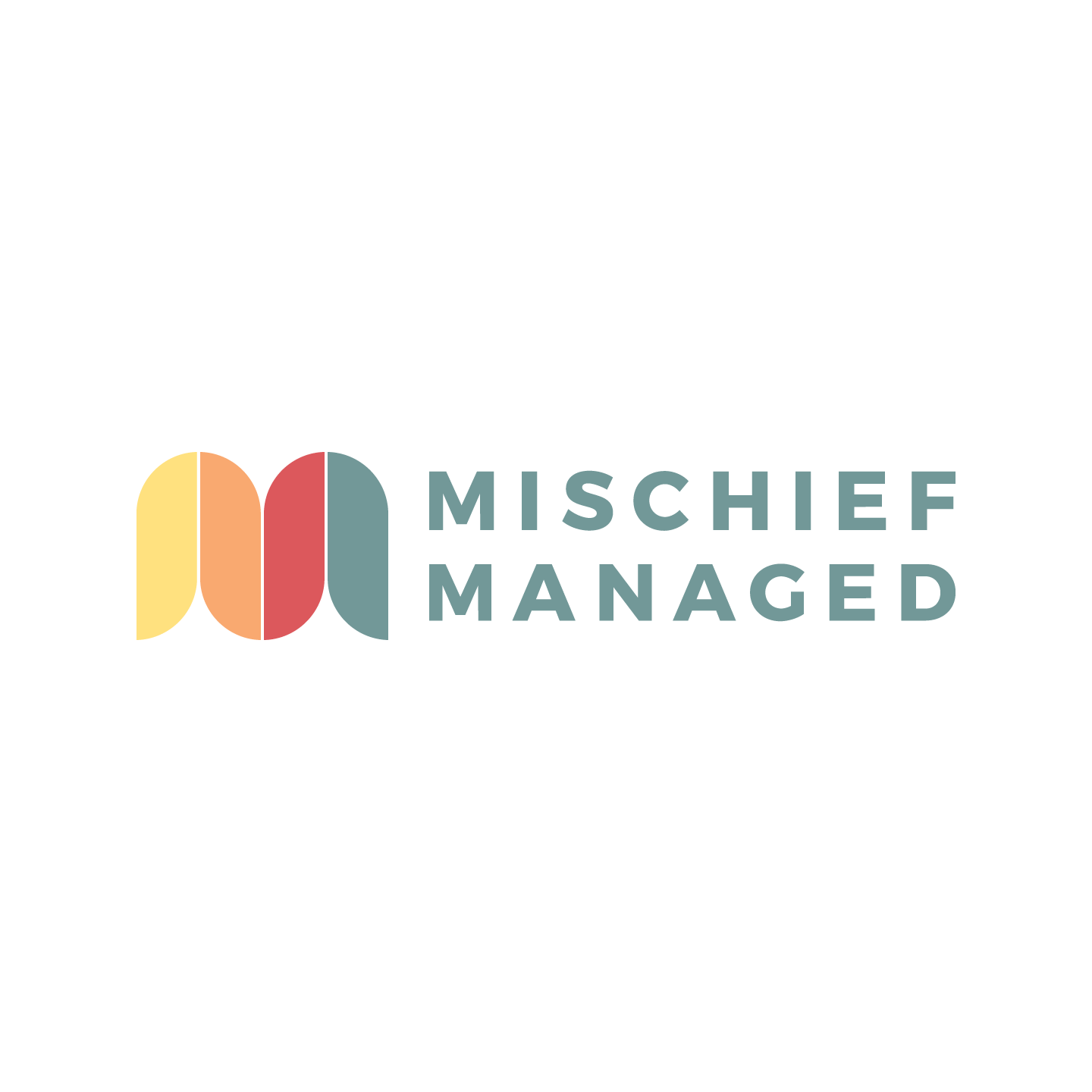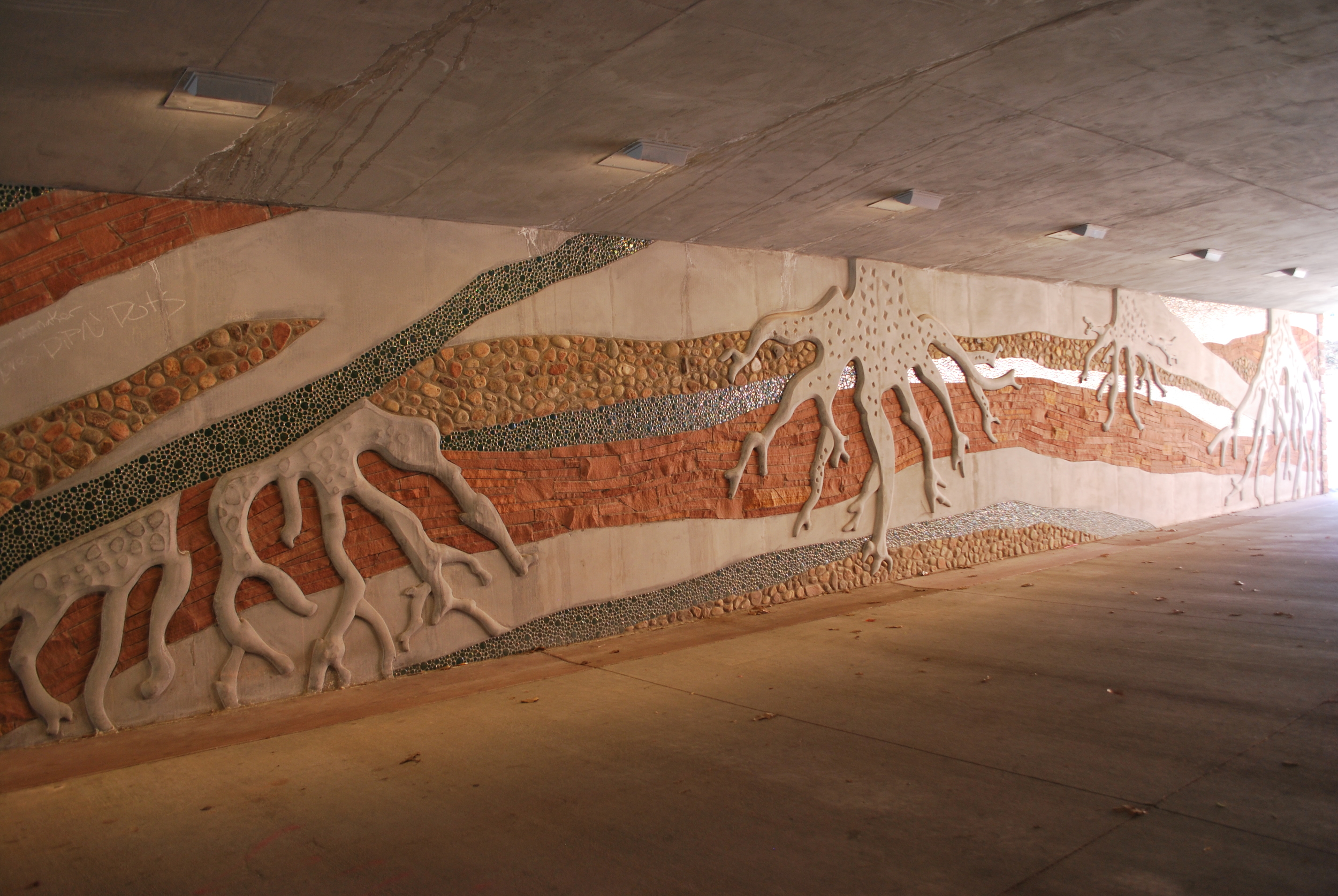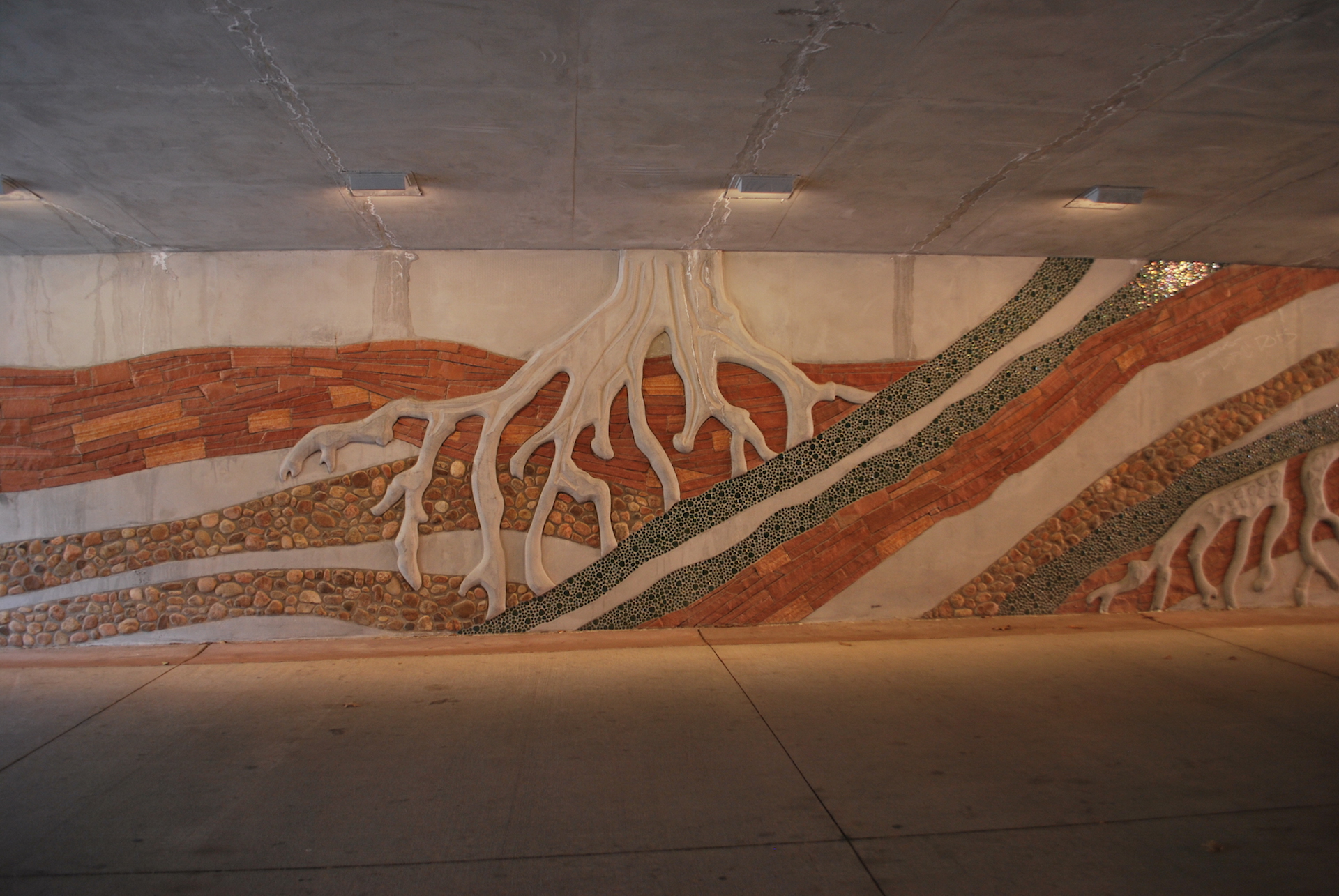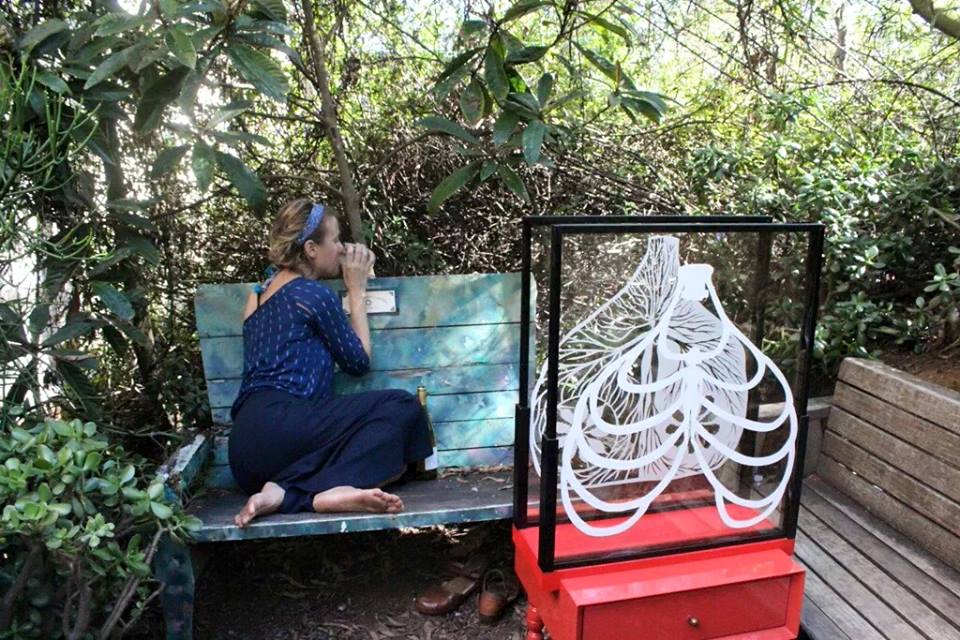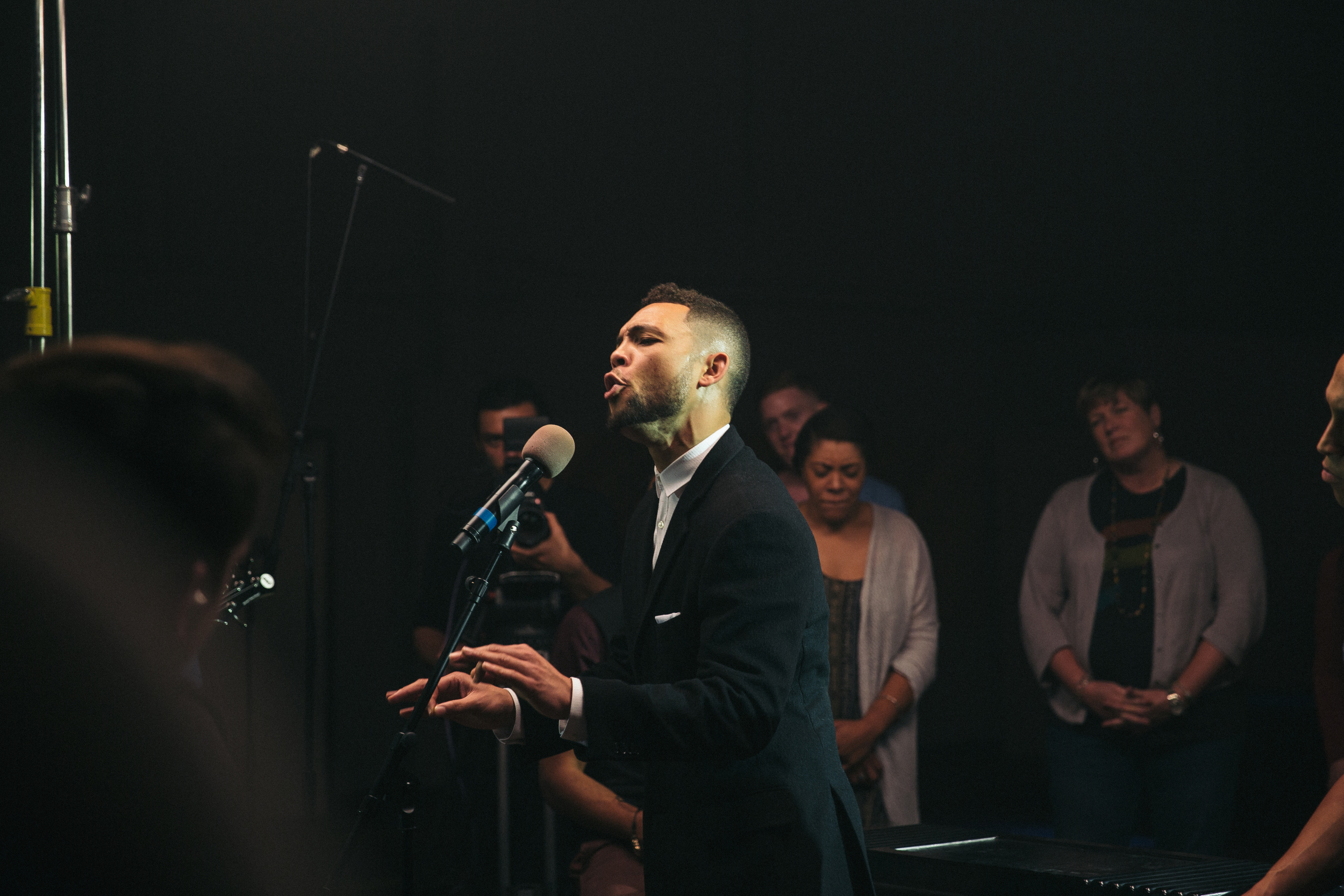Name: Tyler Rumph
Industry: Film and TV // Cinematographer and Editor
Location: Los Angeles, California
ME: How many years have you been working in this industry?
TYLER: I was 20 years old when I landed my first paid job in the industry at a post production house in Burbank. The owner of the company was a friend of my parents. I'm now 32, so it's been 12 years. I can't believe it's been that long.
I learned editing in high school and I loved making skate videos with friends. I fell in love with editing and loved how you could take pretty ordinary content and turn it into something fun to watch. At that point I didn't know I could make this my career, but when I realized this, I didn't want to do anything else.
ME: How many people are currently on your team?
TYLER: I’m currently freelancing and end up wearing many hats. I do my own accounting and management for projects. This is pretty common for freelance cinematographers and editors. I am currently searching for an agent for cinematography work.
ME: When you feel like giving up what keeps you going?
TYLER: There are many times throughout my journey in this industry where I have felt like I'm not getting anywhere, like I'm at a standstill or it doesn't seem like doors are opening for me and work is really slow.
Early on I thought my career would progress much quicker. I had set goals of where I would want to be at what age. Those ages would come and go and I would not be anywhere close to what I had imagined. I would look at other famous young directors and cinematographers as well and feel completely behind for my age. I realized quickly comparing myself with others doesn't make any logical sense. Everyone's path and background are so different. I realized I had to change my way of thinking, to make an adjustment inside myself. I started to look back over the whole course of the 12 years I've been doing this and where I was when I started. I thought wow, I was such a youngin' and I have learned and experienced so much since then. Even though the day to day seems like I wasn't learning or progressing, I was. I realized I have come so far. I also realize, there is a long way to go still and much more to learn, experience and accomplish. 12 years from now where will I be? This gets me encouraged and excited.
A film director friend of mine who I've worked with for over 10 years was just telling me he never thinks he will get his break. He feels he's been hustling for so long and no big fish are biting. He has made 3 great Indie films that were successful financially and just got a doc financed he is currently making. In my mind, he is doing so well! I'm excited to see where he is in 10 years.
ME: What is one thing people didn’t warn you about?
TYLER: People will try to take advantage of you. I think it's best to go into every job believing that this won't happen, BUT take the necessary precautions to cover yourself if it does. A written agreement is great to have for every job, even a small ones. Make sure that pay and all that is expected of you in the project, and the job is thoroughly discussed before beginning any project. Don't be afraid to ask questions up front so you fully know what you are getting yourself into. Also, it's okay to say "no". This is so hard for me. But when you sense someone is trying to take advantage of you, flee! Just say "no thanks".
ME: Who or what inspires you?
TYLER: I’m inspired by other directors; Alejandro Innaritu, Paul Thomas Anderson, Terrence Malick. Cinematographers; Chivo, Robert Elswit. I'm inspired by photographs, paintings, design interiors. I'm inspired by seeing new countries, places and lifestyles around the world.
ME: What has been one hard knock moment?
TYLER: There are a lot of personalities on the jobs I work on. There isn't one glaring moment I can think of, just lots of little ones where producers or directors on shoots are extremely condescending. It's something you have to learn to ignore. This happens too much.
ME: How do you stay organized as a freelance artists?
TYLER: Organization is important to me and helps me stay focused and productive. I use google docs religiously for invoicing and proposals which helps me keep everything in one place and easily accessible from anywhere. I try not to let things pile up and become overwhelming. There are so many things to stay on top of, so it's best to be consistent with the paperwork side of things.
ME: How would you define success?
TYLER: I think if you can balance work so that you have enough time for your family that is success. I love my job, but I would way rather be spending time with my wife and kid.
